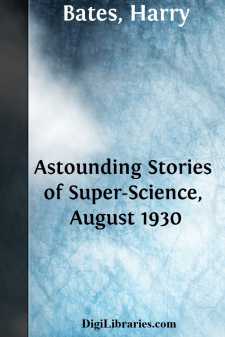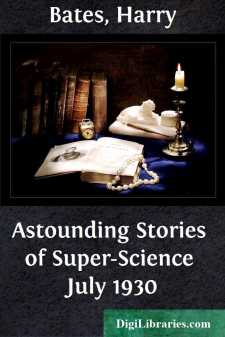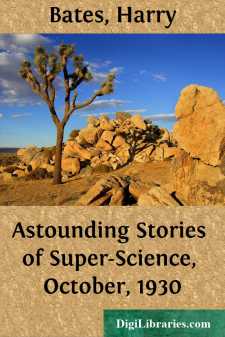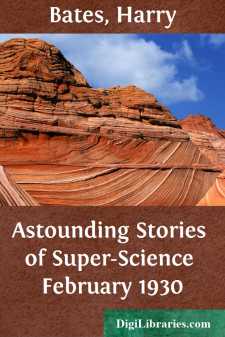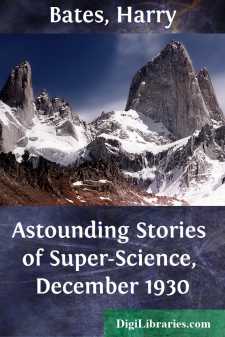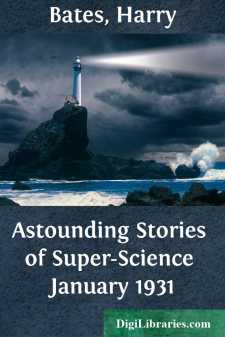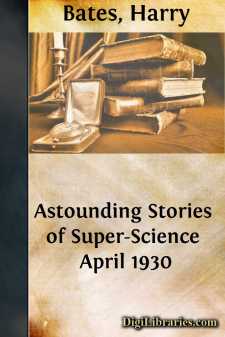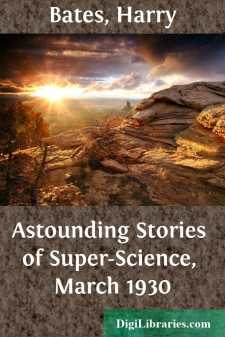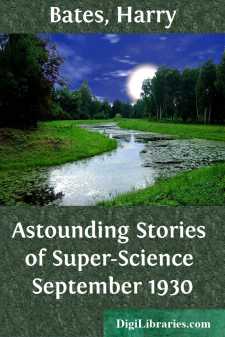Categories
- Antiques & Collectibles 13
- Architecture 36
- Art 48
- Bibles 22
- Biography & Autobiography 815
- Body, Mind & Spirit 144
- Business & Economics 28
- Children's Books 18
- Children's Fiction 14
- Computers 4
- Cooking 94
- Crafts & Hobbies 4
- Drama 346
- Education 58
- Family & Relationships 59
- Fiction 11834
- Games 19
- Gardening 17
- Health & Fitness 34
- History 1378
- House & Home 1
- Humor 147
- Juvenile Fiction 1873
- Juvenile Nonfiction 202
- Language Arts & Disciplines 89
- Law 16
- Literary Collections 686
- Literary Criticism 179
- Mathematics 13
- Medical 41
- Music 40
- Nature 179
- Non-Classifiable 1768
- Performing Arts 7
- Periodicals 1453
- Philosophy 65
- Photography 2
- Poetry 896
- Political Science 203
- Psychology 44
- Reference 154
- Religion 515
- Science 126
- Self-Help 85
- Social Science 83
- Sports & Recreation 34
- Study Aids 3
- Technology & Engineering 59
- Transportation 23
- Travel 463
- True Crime 29
Our website is made possible by displaying online advertisements to our visitors.
Please consider supporting us by disabling your ad blocker.
Astounding Stories of Super-Science, August 1930
by: Harry Bates
Categories:
Description:
Excerpt
here was no use hiding from the truth. Somebody had blundered—a fatal blunder—and they were going to pay for it! Mark Forepaugh kicked the pile of hydrogen cylinders. Only a moment ago he had broken the seals—the mendacious seals that certified to the world that the flasks were fully charged. And the flasks were empty! The supply of this precious power gas, which in an emergency should have been sufficient for six years, simply did not exist.
He walked over to the integrating machine, which as early as the year 2031 had begun to replace the older atomic processes, due to the shortage of the radium series metals. It was bulky and heavy compared to the atomic disintegrators, but it was much more economical and very dependable. Dependable—provided some thick-headed stock clerk at a terrestrial supply station did not check in empty hydrogen cylinders instead of full ones. Forepaugh's unwonted curses brought a smile to the stupid, good-natured face of his servant, Gunga—he who had been banished for life from his native Mars for his impiety in closing his single round eye during the sacred Ceremony of the Wells.
The Earth man was at this steaming hot, unhealthful trading station under the very shadow of the South Pole of the minor planet Inra for an entirely different reason. One of the most popular of his set on the Earth, an athletic hero, he had fallen in love, and the devoutly wished-for marriage was only prevented by lack of funds. The opportunity to take charge of this richly paid, though dangerous, outpost of civilization had been no sooner offered than taken. In another week or two the relief ship was due to take him and his valuable collection of exotic Inranian orchids back to the Earth, back to a fat bonus, Constance, and an assured future.
It was a different young man who now stood tragically before the useless power plant. His slim body was bowed, and his clean features were drawn. Grimly he raked the cooling dust that had been forced in the integrating chamber by the electronic rearrangement of the original hydrogen atoms—finely powdered iron and silicon—the "ashes" of the last tank of hydrogen.
unga chuckled.
"What's the matter?" Forepaugh barked. "Going crazy already?"
"Me, haw! Me, haw! Me thinkin'," Gunga rumbled. "Haw! We got, haw! plenty hydr'gen." He pointed to the low metal roof of the trading station. Though it was well insulated against sound, the place continually vibrated to the low murmur of the Inranian rains that fell interminably through the perpetual polar day. It was a rain such as is never seen on Earth, even in the tropics. It came in drops as large as a man's fist. It came in streams. It came in large, shattering masses that broke before they fell and filled the air with spray. There was little wind, but the steady green downpour of water and the brilliant continuous flashing of lightning shamed the dull soggy twilight produced by the large, hot, but hidden sun.
"Your idea of a joke!" Forepaugh growled in disgust. He understood what Gunga's grim pleasantry referred to. There was indeed an incalculable quantity of hydrogen at hand. If some means could be found to separate the hydrogen atoms from the oxygen in the world of water around them they would not lack for fuel. He thought of electrolysis, and relaxed with a sigh. There was no power. The generators were dead, the air drier and cooler had ceased its rhythmic pulsing nearly an hour ago. Their lights were gone, and the automatic radio utterly useless....


